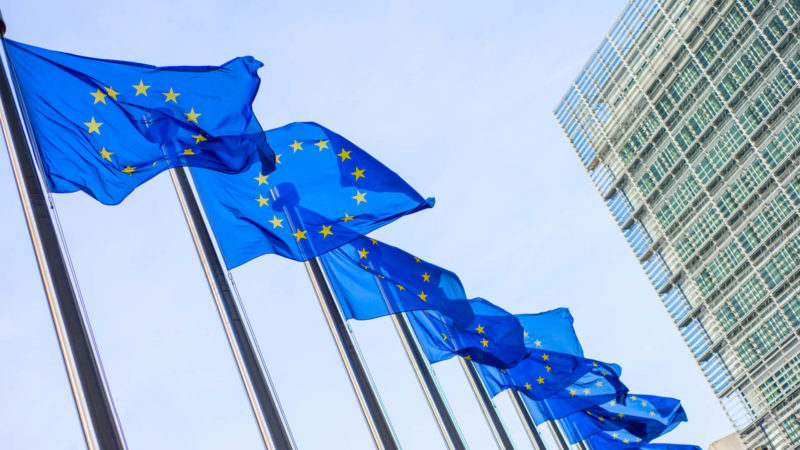
Google’s €2.4 billion Fine: A Landmark Ruling in the Fight Against Anti-Competitive Practices
On September 10, 2024, the European Union’s top court reinforced its stance against anti-competitive practices by upholding a staggering €2.4 billion fine against Google. This pivotal ruling stems from Google’s deliberate favoritism towards its own price-comparison service within search results, an action deemed harmful to its competitors. Such judicial decisions highlight the critical importance of fair competition, particularly in today’s digital marketplace where the boundaries between service and self-promotion can often blur.
Originally imposed in 2017, the fine reflects the EU’s commitment to maintaining a level playing field for all market participants. Google’s appeal sought to nullify not only this substantial financial penalty but also to challenge the broader implications it bore on Google’s operations in other “vertical search” sectors such as maps and travel. The EU Court of Justice’s ruling serves as a clear reaffirmation that discriminatory practices will not be tolerated, emphasizing the necessity for compliance with competition laws.
In response to the ruling, Google expressed disappointment, framing the court’s decision as specific to unique circumstances and not reflective of its overall business conduct. In contrast, consumer advocacy groups like the European Consumer Organization (BEUC) hailed the ruling as a victory for access to unbiased online information. This dichotomy underscores the ongoing tension between corporate strategies and consumer rights in the evolving digital economy.
Looking forward, Google’s adherence to the ruling may require significant changes in how it handles data sharing and algorithm management. For software developers, digital marketers, and SEO professionals, this could have profound implications for advertising strategies and investment decisions. Companies relying on Google’s platforms must now consider the heightened scrutiny around data use and competition as part of their digital marketing frameworks.
Moreover, as the digital landscape continues to evolve, the intersection of this ruling with URL shorteners and link management tools emerges as an area of interest. The modulation of how links are managed, shared, and analyzed could be key in demonstrating compliance and transparency in advertising practices. By integrating URL shorteners, businesses can not only track engagement metrics but also navigate the complexities of data usage and competition compliance more effectively.
In conclusion, the implications of the recent EU ruling against Google reach beyond the immediate financial penalties, echoing through the corridors of digital marketing and competitive practices. Advertising strategies will need to adapt in response to these changing regulatory landscapes, making it essential for professionals in software development, digital marketing, and SEO to stay informed and agile.
#BitIgniter #LinksGPT #UrlExpander #UrlShortener #SEO #DigitalMarketing
Want to know more: Read more


